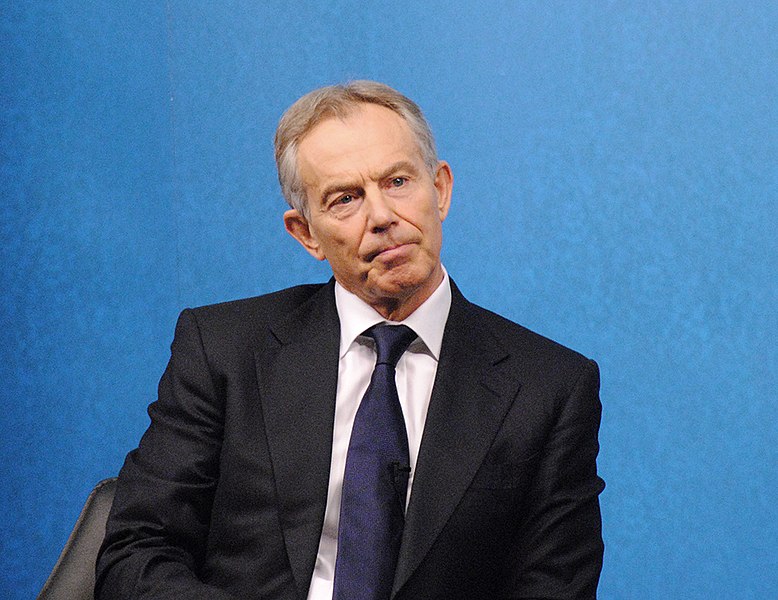
Former Prime Minister Sir Tony Blair has warned that efforts to achieve net zero carbon emissions by eliminating fossil fuels are "doomed to fail." While reaffirming his support for the net-zero
goal, Blair argued that the focus should shift toward developing and expanding green technologies rather than attempting to phase out fossil fuels entirely.
Blair’s remarks have sparked political controversy, with both Conservatives and Reform UK seizing on them to criticise Labour’s climate policies. Andrew Bowie, the Conservative shadow Energy Secretary, said: "Even Tony Blair now recognises that Labour’s reckless dash for net zero by 2050 is neither feasible nor sustainable." Reform UK leader Nigel Farage added: "Blair calls the push for net zero ‘irrational’ and ‘hysterical’. We are winning the argument!"
Despite the political fallout, Blair did not directly criticise the UK’s net-zero plans. His institute later clarified to The i Paper that he remains supportive of achieving net zero by 2050. Nevertheless, his intervention represents the most significant public divergence between Blair and current Labour leader Sir Keir Starmer, who often seeks Blair’s counsel.
Government sources insisted that Prime Minister Rishi Sunak and Energy Secretary Ed Miliband share Blair’s emphasis on advancing technologies like carbon capture and small modular nuclear reactors.
In the foreword to a new report by the Tony Blair Institute for Global Change, Blair called for a global reassessment of strategies to reduce carbon emissions. He pointed out that emissions will increasingly come from developing nations, with China, India, and Southeast Asia projected to contribute nearly two-thirds of global emissions by 2030. Meanwhile, financial investment in renewable energy in these regions has declined.
“These are inconvenient facts,” Blair wrote, “which mean that any plan based on rapidly phasing out fossil fuels or limiting consumption is destined to fail.”
Blair also highlighted the impracticality of eliminating oil, gas, and coal use worldwide, emphasizing that carbon capture technology should be central to climate action efforts. He cited recent developments: in 2024, China began building 95 gigawatts of new coal-fired energy—almost equal to Europe’s entire coal output—while India surpassed one billion tonnes of coal production in a single year.
He stressed that voters in developed countries are increasingly resistant to costly climate measures that have a minimal impact on global emissions. “People feel they are being asked to make sacrifices when they know their individual contributions to global emissions are small,” he said.
The report from Blair’s institute supported national net-zero targets as essential for encouraging innovation and investment in clean technologies but warned against unrealistic strategies that disregard global energy demands.
In the House of Commons, Ed Miliband responded by agreeing with many points in Blair’s report, particularly the emphasis on advancing carbon capture, artificial intelligence, and nuclear energy technologies.
A Downing Street spokesperson added: “We will achieve net zero in a way that minimizes disruption to people’s lives, without dictating how they should live.”
The UK’s legal commitment to reach net-zero emissions by 2050, introduced by Theresa May and backed by Boris Johnson, remains government policy, although some, like current Conservative leader Kemi Badenoch, have questioned its feasibility.
While some experts doubt the effectiveness of carbon capture and storage, advocates argue that it could enable significant emissions reductions without requiring major cuts in energy consumption. Photo by Chatham House, Wikimedia commons.




































